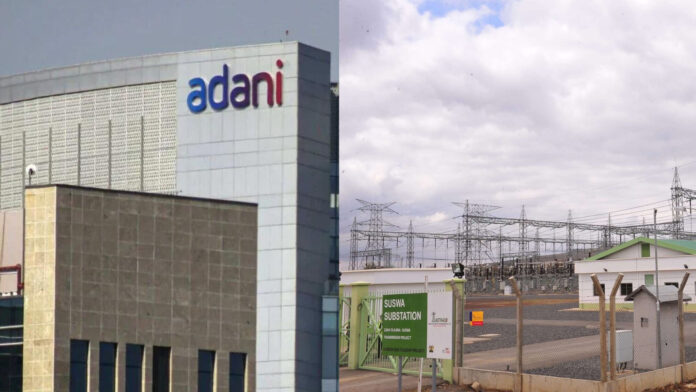Adani Enterprises has been the center of attention in the country over the past month because of their ongoing bid to take over operations at the Kenyan-owned Jomo Kenyatta International Airport.
This has led to continuous protests and opposition from transport workers and many Kenyans. Gautam Adani’s company is reportedly set to manage the international airport for 30 years.
On August 30th, they established a Kenyan subsidiary namely ‘Airports Infrastructure PLC’ to manage the airport’s operations.
“AIP is incorporated to take over, operate, maintain, develop, design, construct, upgrade, modernize and manage the airports,” read the filing made with the National Stock Exchange of India in Mumbai.
Aside from the Adani airport takeover, Transport CS Davis Chirchir mentioned in a televised interview that the Kenyan government had also offered Adani proposals for other projects in the country.
Chirchir shared that Adani will also be managing several power lines currently under the control of the Kenya Electricity Transmission Company (KETRACO).
Engineers’ body opposes Adani JKIA takeover; travelers stranded as strike starts
The deal follows a Public Private Partnership framework, with the government aiming to raise Sh. 50 billion next year. Adani is already working to take control of the Gilgil-Thika-Malaa power line.
“There are over 150 proposals on PPP by different companies especially in the Energy sector. Adani has proposed to take over the line lying between Gilgil, Thika, Malaa,” the former Energy Cabinet Secretary said.
Chirchir explained that the Kenya Kwanza government brought in Adani to leverage the potential of Public Private Partnerships. This regime wants to secure valuable deals with foreign companies to manage key projects.
“I am aware of plans under the framework of employing more PPP projects to open access to the unreached parts of the country.”
In defense of the PPP partnership, Chirchir explained that it’s not new to the country, as it has been in place for over 25 years.
The National Treasury noted that the PPP Directorate currently has 31 projects at various stages of the PPP process, with most still in the procurement phase.










